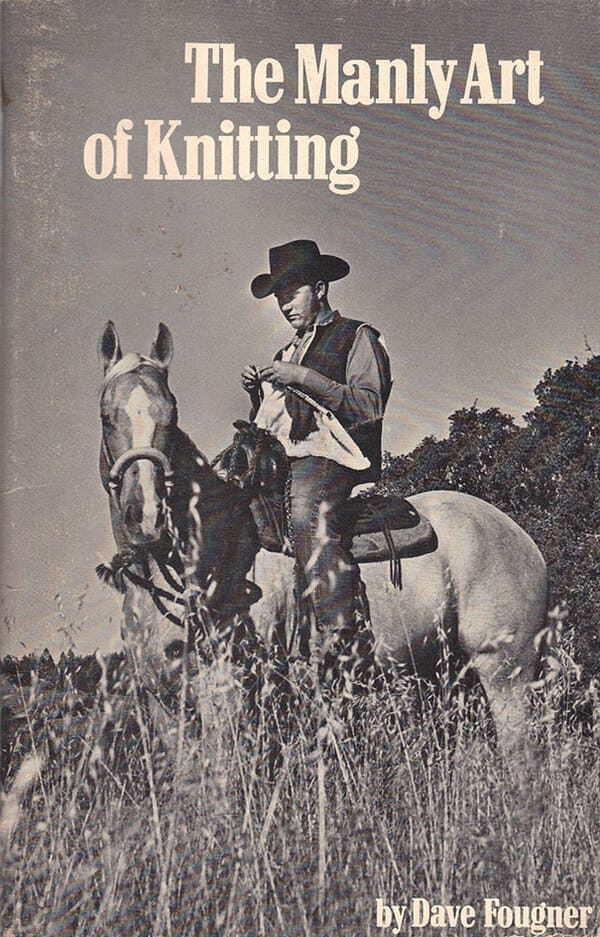Why you should delete your podcast app and switch to books
My Wife Reads 100 Books Per Year
Let me tell you about my wife – she’s one of those people that does everything exceptionally well. She’s raising 4 young children. She just trained for and rode a 100-mile bike race. She volunteers at school and church and has an active social life. And she finishes a book every 3-4 days.
Yes that’s right, in a year she reads about 100 books. Actual books.
She’s not alone. George Bush famously read about 100 books per year as President of the United States. Many successful business people, like Bill Gates, read about 50 books per year. While I’m not quite to this level, I finish about 40 books per year despite a busy schedule.
If you struggle with “book guilt” (the feeling that you should be reading more than you are) you’re not alone. Many of us know that we should be reading more but earnestly struggle to make it a priority. In this article I’d like to explore some practical ways to get your neglected reading habits back on track.
The Benefits of Reading Books
Reading has so many benefits, so if you’re not sold on the long term benefits here’s a shortlist according to various studies:
- Increases empathy. Researchers call this ability “theory of mind”, a set of skills that helps in building, navigating, and maintaining social relationships. Fun fact: fiction books build this best since they explore the inner lives of characters.
- Helps prevent cognitive decline. By keeping your mind more active, it makes your brain less likely to develop plaques, lesions, and other problems in your brain.
- Reduces stress. Reading reduces blood pressure, heart rate, and feelings of psychological distress.
- Helps you live longer. Many studies have shown people who read live on average 2 years longer than those who don’t read regularly.
Besides these studied benefits, arguably there’s many other benefits – a larger vocabulary, access to more ideas, a better understanding of the world, and not looking dumb at a dinner party.

Switch from Podcasts to Books
I have often thought it’d be neat to write a book. But it’s daunting – countless hours, a unique story/angle, finding a publisher, and actually selling books. So that’s why I co-founded this newsletter as a warm up!
To make it through this gauntlet average the author(s) must pass a quality bar. Contrast this with a podcast, for example, which is often 1-2 people interviewing other people. It still takes thought and prep, but 99.9% of podcast episodes are far less cumbersome to create than writing a book.
This has an important side effect. Many podcasts are interesting or entertaining, but the average podcast is inferior to a book in terms of overall benefit.
So I’ve switched what I listen to. I only listen to books now.
It was a simple switch, but one that has long-term benefits. I find myself being more creative, inspired, and well-read than I was before when I mostly listened to podcasts.
Takeaway: Try deleting your podcast app and prioritize real books.
Switch Up the Genre Often
My reading list looks something like this:
- Business/practical book (currently reading Mistakes Were Made)
- Fiction book (my favorite recently was Rhythm of War)
- Non-fiction book (currently reading Born to Run 2)
- Classic book (currently reading Les Miserables)
- Spiritual book (my favorite recently was The Priesthood Power of Women)
I switch it up because it keeps it interesting and to get new ideas/storylines. You’ll also notice that I’m currently reading three books, which is what I’m always doing. These books I have on different mediums, so I’m never without a book (e.g., audiobook for the car, Kindle book on my phone, physical book by my nightstand).
Takeaway: Try a new genre of book. If it’s been awhile since you read a classic book I’d recommend starting there. And get a book on a medium you don’t normally use (like the Kindle app on your phone).

Choosing genres of books keeps reading interesting and fun.
Technology Tips for Reading More
I rarely buy books. Here’s what I do:
- Libby App – this is linked to my library card, and I can request nearly any physical book, digital book, or audiobook. For example, a coworker recommended I read Mistakes Were Made, so I opened up Libby, borrowed the digital copy of the book, and opened it in my Kindle app. During our conversation. Totally free.
- Goodreads – this is what I use to document what books I have read and want to read. You can follow me here.
- LibriVox App – this app has books that are in the public domain available to listen to for free. I have listened to The Adventures of Tom Sawyer, Moby Dick, and other books through this app.
- Scribd – this app is a paid subscription, and is like the Netflix of audiobooks in that you get unlimited access. While they don’t have everything, I’ve been delighted with what they have, and it also gives you access to magazines like The New Yorker.
Takeaway: there are many mediums to get free/discounted books; just download one right now to try it out!
Forming a Reading Habit
Your plate is full. I get it. You’re busy and have other habits. I would argue reading has so many benefits it’s hard to overlook its importance. You’ll be more empathetic, live longer, be more creative, and be well-read. (This last point is the most obvious!).
Bonus:
If you’re looking for some books to get you back into reading, here’s my top recommendations that’ll hook you immediately:
The Boys in the Boat – the real story of a rowing team winning a gold medal in the 1936 Berlin Olympics against Hitler’s team.
The Adventures of Tom Sawyer – you’ll fall in love with the characters from the beginning and remember what it’s like to be a kid.
Endurance – the real story of a ship getting stranded in Antarctica in 1915 and how they survived.


